Here are a few important reminders to help keep you safe.

Security
Your banking security is our priority. Stay updated with alerts, safety tips, and support to keep your accounts protected from scams.
If you believe you have been scammed, call our 24-hour Fraud Reporting Hotline immediately at +6 03-2612 8100.
Scam Awareness from #JanganKenaScam
Stay informed of the latest scam tactics. Learn more about scammers’ common yet misleading tactics using seemingly ordinary messages and phone calls.
UOB Security Alerts

Latest Online Threats
Stay One Step Ahead of Scams

Latest Online Threats
Online Shopping Scam
As the popularity of e-commerce grows, the number of online shopping scams also increases in tandem.

Latest Online Threats
Love Scam
Scammers use romantic words and false promises to deceive and ensnare victims.

Latest Online Threats
Mule Account
Be vigilant and do not fall victim to mule account scams.

Latest Online Threats
Malware
Malware is software used by scammers to hack and gain remote access to your device undetected.

Latest Online Threats
SMS Scams
Victims will receive SMS messages about low interest rates offering from the bank for personal loans or other similar "offers". These SMS messages contain a phone contact for interested individuals to call.
Stay Safe Online
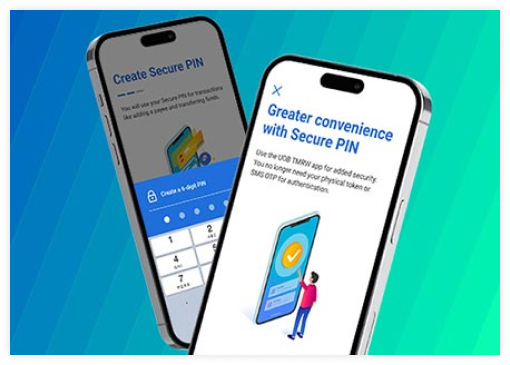
UOB Access
UOB Access is a digital security token embedded in your smartphone to authorize all your UOB Personal Internet Banking and UOB TMRW transactions. When registering for UOB Access, you must set up a 6-digit Secure PIN in the UOB TMRW app. The Secure PIN acts as your personal authentication code to verify online banking transactions.
To activate Secure PIN for UOB Access, first create your Secure PIN. Thereafter, call UOB Contact Centre from your registered phone number at the number displayed in your UOB TMRW app's on-screen alert within the 12-hour cooling off period to confirm your request. Log in after 12 hours to complete activation.
Watch the video for a step-by-step guide on setting up your online banking access and registering for UOB Access.
Important: Effective 21 April 2025, if you have not called us to confirm your request by the end of the 12-hour cooling off period, your Secure PIN will not be activated, and your login to both UOB Personal Internet Banking and UOB TMRW app will be restricted.
Click here for FAQs on UOB Access.
Safeguard Your Credit/Debit Card

Help & Support
If you detect any unauthorised transaction(s) or suspect your banking information has been compromised, we are here to assist you.
If you detect unauthorised transaction(s):
- Call our 24/7 Fraud Hotline at +6(03) 2612 8100 and press 1 to speak with an agent and report the issue. You will need to provide the following information to initiate the investigation:
- Full name
- NRIC or passport number
- Affected account number
- Date and amount of the transaction(s)
- The reason you believe the transaction(s) is unauthorised
- Your preferred contact details
- You will receive an email confirming your report within 2 working days. If further information is needed to facilitate the investigation, we will contact you via the details provided to us during your call.
- A written notification on the outcome of the investigation will be provided within 14 working days of your initial call. If additional time is needed to complete the investigation, we will notify you. The notification will include details on any provisional credit*, if applicable, along with the terms and conditions. The credit provided will be up to the amount of the unauthorised transaction(s) or RM5,000, whichever is lower.
*A provisional credit is a temporary credit given by the bank on the disputed amount. If the investigation determines that you are liable for the unauthorised transaction(s), any provisional credit that was provided will be reversed.
If you suspect your banking information has been compromised:
- Call our 24/7 Fraud Hotline at +6(03) 2612 8100 and press 2 to activate the Kill Switch. This self-service feature instantly secures your funds by disabling your UOB online banking access.
- Once your online banking access is disabled, you will receive an email and SMS notification. Any active login sessions will be terminated immediately.
- To reactivate your online banking access, please visit the nearest UOB branch for assistance.
For all fraud/scam cases, please lodge a police report as soon as possible and submit a copy:
- Via email to Customer Communications Managementuobcustomerservice@uob.com.my, or
- In person at any branch.
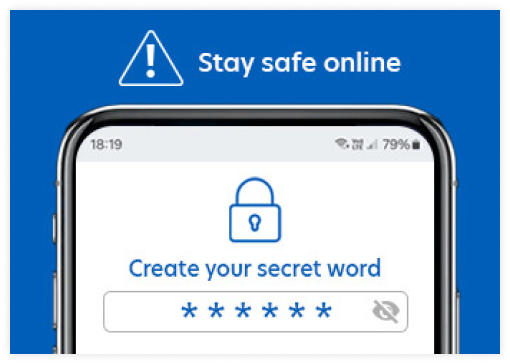

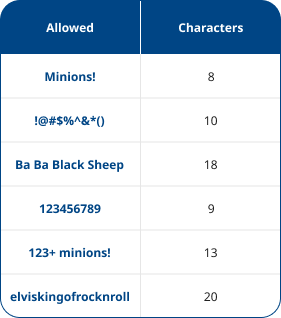
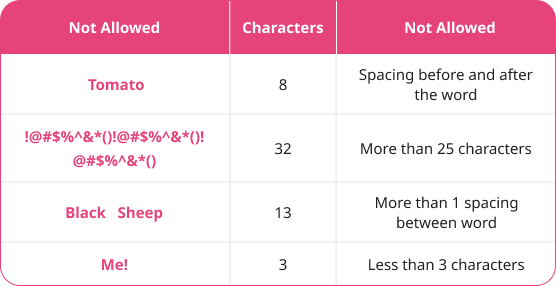







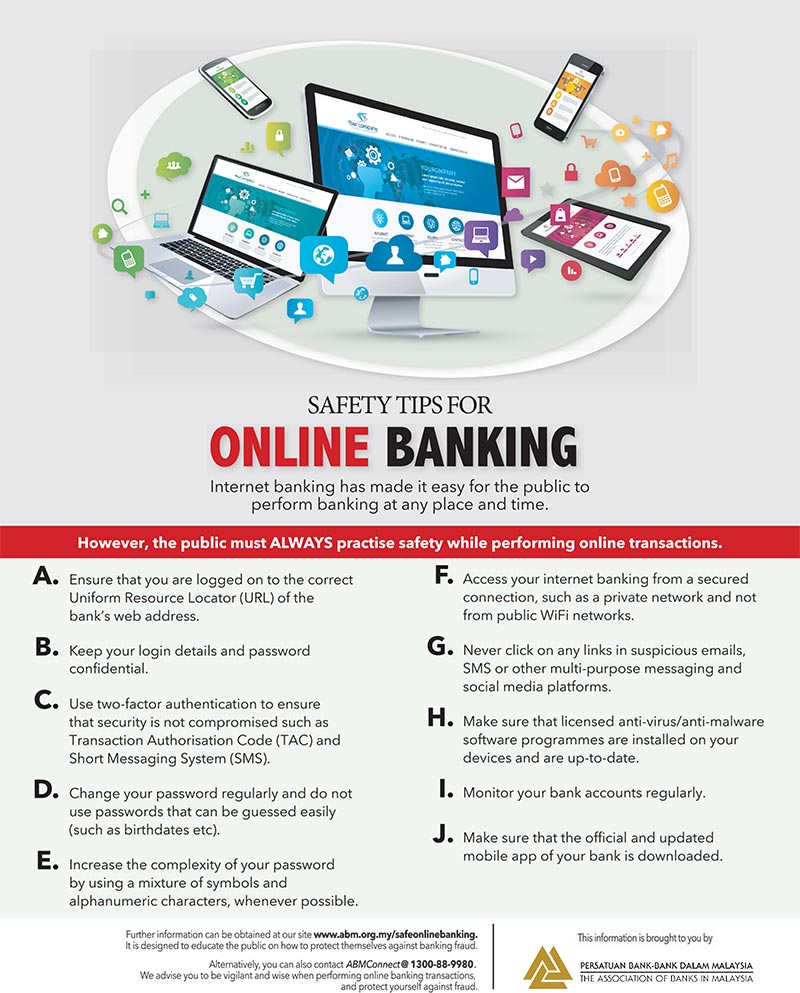
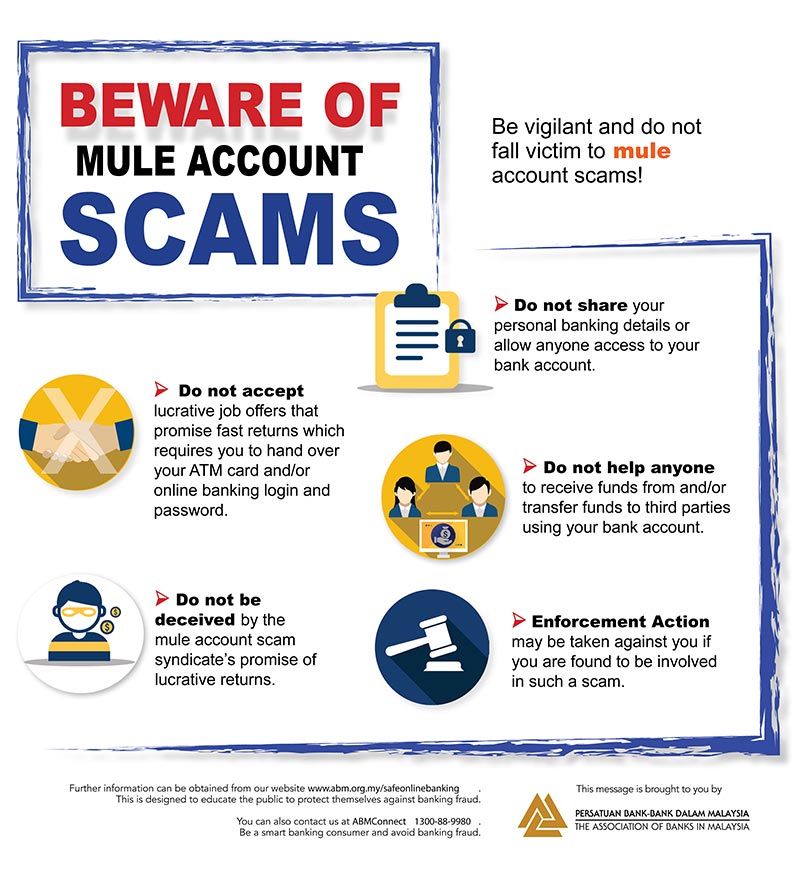

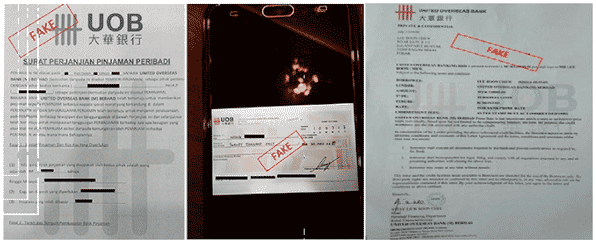
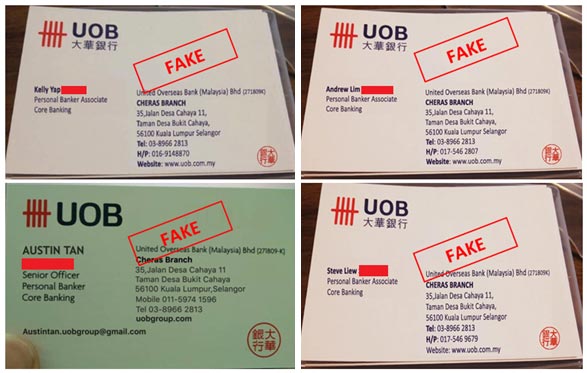
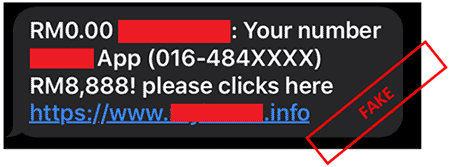
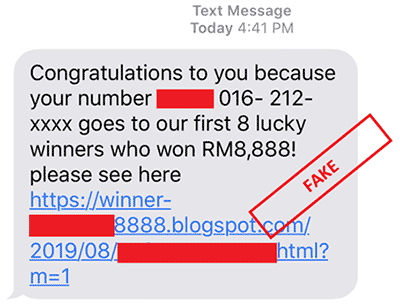







Social Media Scam
Scammers will use popular social media platforms such as Facebook, Instagram, Whatsapp, WeChat, etc to obtain victim’s personal & banking information such as account/ card numbers & One-Time Password (OTP)/Transaction Authentication Code (TAC).
Scammers will use these social media platforms to;
Once the victim reveals these details, the scammers will be able to successfully validate the OTP/TAC to perform any online purchase via the victim’s credit card or transfer money to the scammer’s account.
Tips to protect yourself